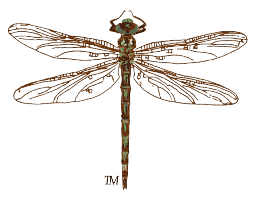Saving Water
Water and the Texas Hill Country enjoy an intimate but challenged relationship. Water makes our area beautiful and prosperous, but we often don’t have enough of it, especially deep in Hays County’s struggling water source; the Trinity Aquifer.
Water that we save is water that we don’t have to dig for, transport, purify or buy; making it the easiest and most economical way of ensuring water for our future. Water not wasted is water conserved!
We can practice water conservation every day in our homes, businesses, churches, schools, and yards. An average American uses approximately 80-100 gallons a day, including indoor and outdoor use. If we could cut average water use by just 25%, we would achieve the water conservation goal called for by state planners. If you cut your own usage by just 25 gallons a day, you could save 9,125 gallons a year!
Of the 100 gallons of water that “average” American uses daily, about 70 gallons are used inside the home. Almost 65% of indoor water use is by our combined toilet, shower and clothes washer – all of which do come in high-efficiency models. Even with the older models, you can conserve: Try not to leave the water running before a shower or while you’re brushing your teeth. Wash clothes and dishes in full loads whenever possible. And yes, flush less often. Showering together is efficient, and fun. Keep an eye out for leaks and fix them as soon as possible – they account for about 13 % of the average home water use.
Did you know that in the United States, lawn grasses consume far more water than alfalfa, corn, rice, vineyards, and nut trees combined? City residents can help by mowing less often and allowing grass to grow to three or four inches. Taller grass shades the turf more (saving water evaporation) and gives grass deeper, healthier roots and a softer feel. Leave the clippings (it’s free fertilizer) and use native plants and flowers in gardens; they need less water than their non-native counterparts. Don’t water when rain is probable; let Mother Nature do her job. When you water, watch and shut off the hose before it becomes run-off. In cities, a high percentage of lawn water ends up in gutters. If you’re a rural home owner, go native; stick with native grasses and avoid lawn turf.
One of the best ways to conserve water is catching it as it falls. Whether you go for a full-house rain water tank system (more information on the Rainwater Collection page), or just small rain barrels to capture garden water, any that you can catch and use is water that you don’t have to buy (or take from the aquifer).
The Environmental Protection Agency (EPA) has plenty of Water Sense suggestions for indoor and outdoor conservation. The Hill Country Alliance is another good source on water conservation in our area. In fact, almost any water conservation question can be answered via a quick search online.

